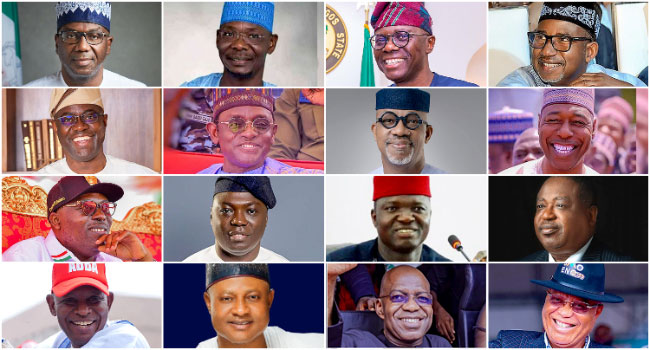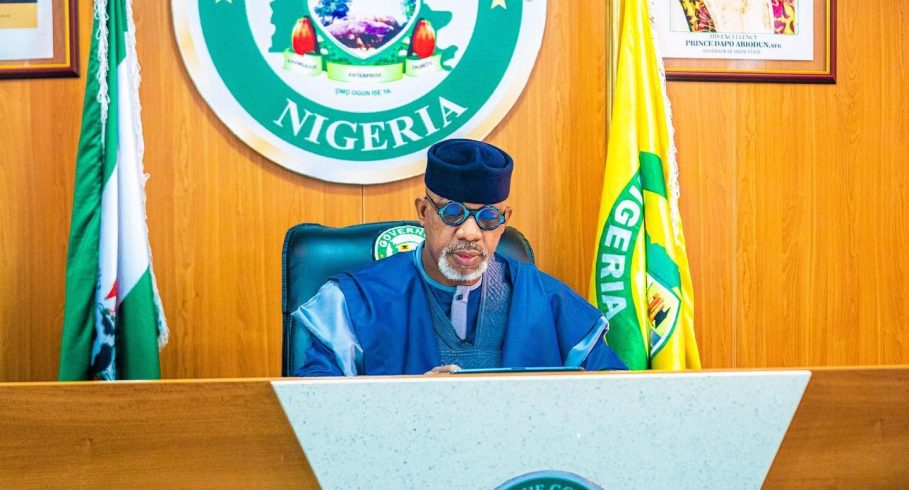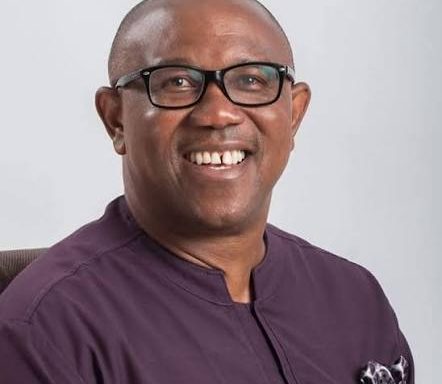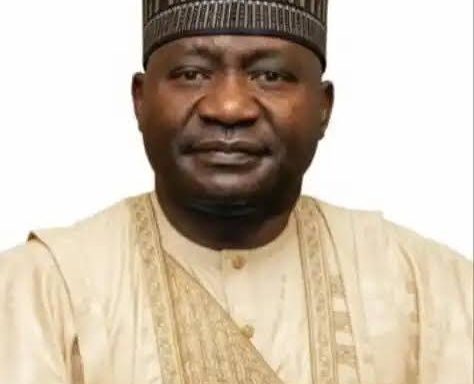A recent report has revealed that 29 state governors in Nigeria collectively spent ₦1.994 trillion on various recurrent expenditures in the first nine months of 2024.
These expenditures included travel costs, sitting allowances, refreshments, and utility payments, sparking concerns over fiscal discipline amid calls to reduce the cost of governance.
Join our WhatsApp ChannelThe data, drawn from states’ Q1 to Q3 budget performance reports, shows significant allocations to non-capital expenses. Meanwhile, internally generated revenue (IGR) for these states fell short of expectations, highlighting fiscal gaps despite increased federal allocations.
State Governments’ Borrowing and Revenue Gaps
State governments borrowed a combined ₦533.29 billion during the period, while debt servicing costs reached ₦658.93 billion. Despite receiving a 40% boost in federal allocations due to the removal of fuel subsidies and unification of the foreign exchange market, many states struggled to meet revenue targets.
Collectively, the states generated ₦1.92 trillion in IGR, significantly short of the ₦2.868 trillion projected for the year, leaving a deficit of ₦948.28 billion.
How States Allocated Funds
The analysis shows that recurrent expenditures consumed a substantial portion of states’ budgets. These costs included travel expenses for government officials, utility bills such as electricity and water, and allowances for official duties.
Some of the largest expenditures were recorded in Lagos (₦375.19 billion), Plateau (₦144.87 billion), and Delta (₦121.54 billion). Meanwhile, states like Taraba and Yobe spent far more on recurrent costs than they generated in revenue, raising questions about sustainability.
Federal Allocations and Rising Concerns
The Federation Accounts Allocation Committee disbursed ₦3.473 trillion to federal, state, and local governments in the second quarter of 2024. Of this, state governments received ₦1.337 trillion, representing 40.47% of the total.
Despite the increased allocations, citizens have seen little improvement in living standards. Critics point to high governance costs as a significant factor eroding resources meant for development projects.
Fiscal Accountability and the Role of State Assemblies
Experts argue that the lack of accountability at the state level contributes to wasteful spending. State assemblies, tasked with oversight responsibilities, have been criticised for failing to hold governors accountable.
READ ALSO: Nigerian Debt: Why Are States Still Borrowing Despite Increased FAAC Allocations?
Economists and governance analysts are urging states to adopt stricter fiscal policies to ensure that funds are directed towards impactful projects rather than recurrent costs.
The Way Forward
The findings underscore the need for states to prioritise financial discipline and improve revenue generation strategies. Addressing governance inefficiencies could help bridge fiscal gaps and deliver better services to citizens.
The report also calls attention to Nigeria’s fiscal federalism structure, with experts warning that the current system may not be sustainable without significant reforms.
Emmanuel Ochayi is a journalist. He is a graduate of the University of Lagos, School of first choice and the nations pride. Emmanuel is keen on exploring writing angles in different areas, including Business, climate change, politics, Education, and others.
- Emmanuel Ochayihttps://www.primebusiness.africa/author/ochayi/
- Emmanuel Ochayihttps://www.primebusiness.africa/author/ochayi/
- Emmanuel Ochayihttps://www.primebusiness.africa/author/ochayi/
- Emmanuel Ochayihttps://www.primebusiness.africa/author/ochayi/

















